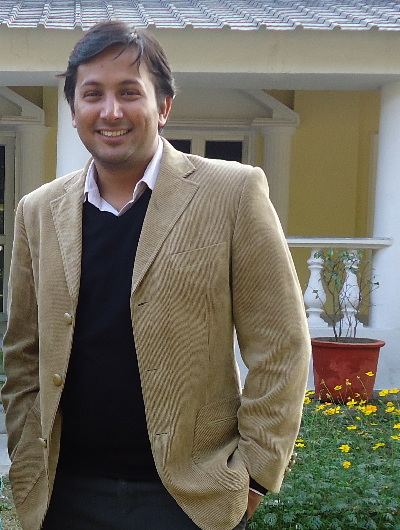 |
|
Madhurendra Jha. [Photo provided to Chinadaily.com.cn]
|
I have been learning Chinese language, literature and culture for the last 13 years and teaching it for the last four. The more I teach, the more I learn. Watching Chinese mainland films and appreciating them became easier once the language barrier was somewhat broken. Perhaps being an Indian also helped. Our thirst for cinema is unquenchable.
I was initiated into Chinese movies with the films of the fifth generation filmmakers like Zhang Yimou's Red Sorghum, Raise the Red Lantern, To Live, Not One Less, Chen Kaige's Yellow Earth, Farewell My Concubine, etc.
As a sinologist growing up on the regular dose of the films of the fifth generation, I couldn't have imagined that China will produce another generation of filmmakers who will help me see the other side of China and in fact help me understand the other side of the Chinese cinema. But then came the "sixth generation" directors, among whom is Jia Zhangke, who later became my favourite director.
My romance with the works of Jia began as a matter of pure coincidence and it was love at first sight. I saw A Touch of Sin a few days after it had won the best screenplay at the 2013 Cannes Film Festival and was amazed by his style of storytelling and the way he had shaped his characters.
In the next two to three days, I had finished watching Xiao Wu, Platform, Unknown Pleasures, The World, Still Life, 24 City. In them I found my future research interest. Jia's works gave me a whole new outlook on film viewing. I may be ignorant and I'm sure I'm yet to see many great works of many other greats. But I am glad I got to see the works of Jia Zhangke.
What is it about his work that I admire? Primarily it's his honesty. He belongs to the André Bazin's and Francois Truffaut's school of thought, where the director uses his camera as his pen to express the objective reality. Thus, in Jia's films realism becomes a crucial factor. Be it the locations, the background, the accented language, the long shots or the languid pace, they all contribute towards making his work look as close to reality as possible.
